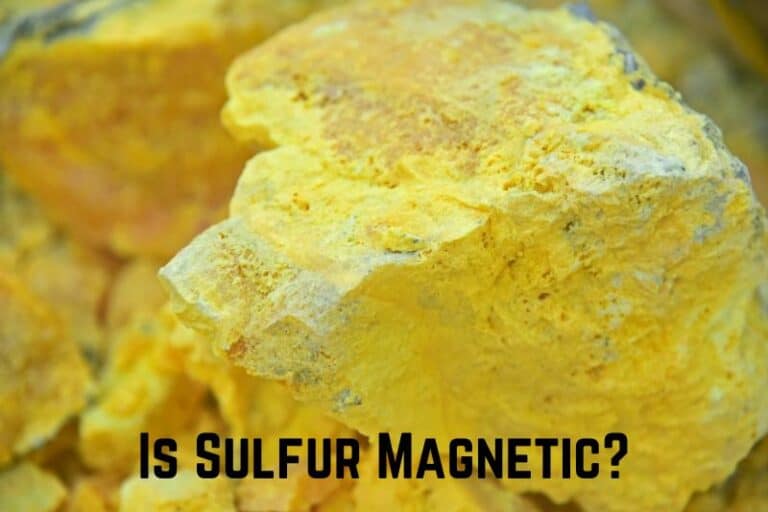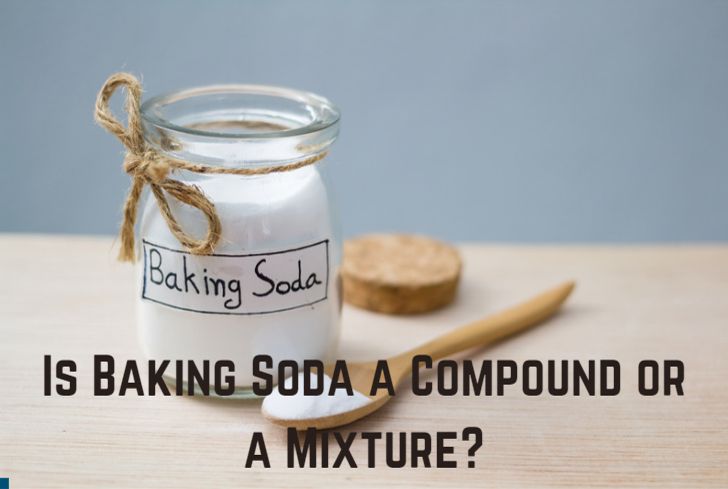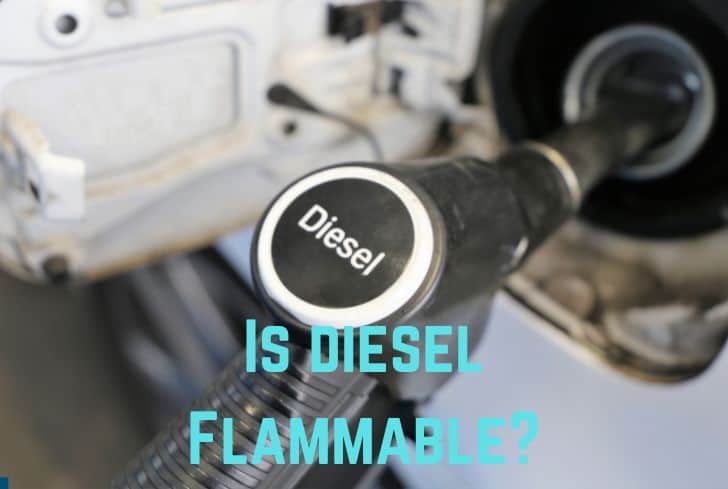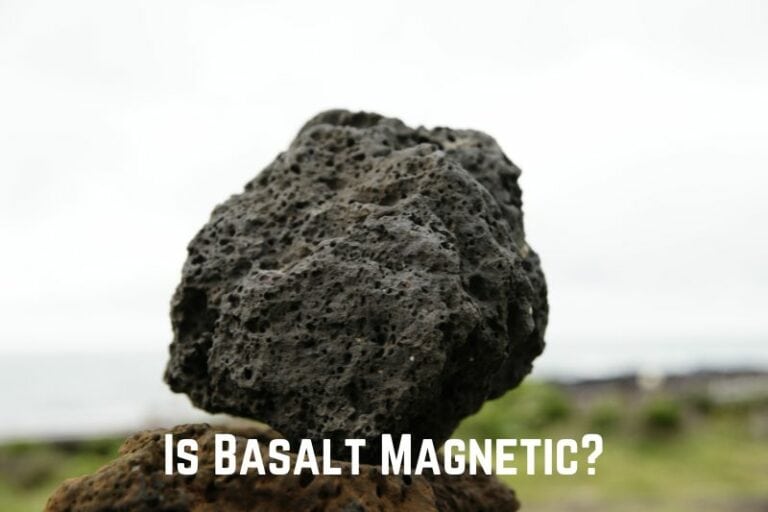Does Vinegar Evaporate? (Answered)
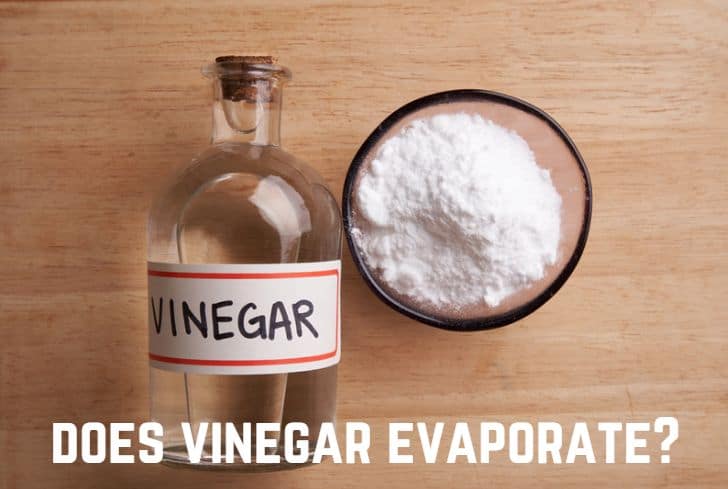
Most people are familiar with using vinegar as a salad dressing. But vinegar also works well for cleaning and disinfecting. You’ll like it if you use it to clean your hard flooring or to make your laundry more colorful. Like most people, you might be curious to know how long vinegar remains on a surface. On that note, does vinegar evaporate?
The article does a good job of answering that question. We also tell you the temperature at which vinegar evaporates, how quickly it does, and whether vinegar evaporates more quickly than water or alcohol. You’ll discover how to store vinegar once you open it and whether any residue is left behind when it evaporates.
Read: Does Dry Ice Evaporate?
Can Vinegar Evaporate?
Acetic acid is left behind as vinegar evaporates. Since water makes up 95% of vinegar and acetic acid the remaining 5%, evaporation happens fast. Water evaporates first, followed by acetic acid over time due to its high concentration. Water boils at 212ºF (100°C), while acetic acid does so at 244ºF (118°C). Since there isn’t much of a difference, the two liquids may even begin to evaporate at the same time.
Vinegar’s primary ingredient is acetic acid and water. It is formed when acetic acid bacteria oxidize ethanol. On the other side, yeast fermentation produces ethanol. Acetic acid does, however, evaporate when water dilutes its concentration. Anything you mix with water will eventually evaporate.
Does Vinegar Evaporate Quickly?
Vinegar can quickly evaporate. One of the components of vinegar is acetic acid, which is also a volatile liquid. Such liquids quickly and easily convert into their vapor phase. Vinegar is particularly volatile because of the weak intermolecular interactions between its molecules. The lower the boiling point and higher the evaporation rate of vinegar, the more volatile it is.
Molecules represent the composition of a compound such as vinegar. All molecules have a weak attraction for one another known as van-der-Waals-forces. In the absence of these forces, all compounds would be gasses. Kinetic energy is required to break up these intermolecular forces. Vinegar quickly evaporates when kinetic energy is introduced because vinegar’s intermolecular forces are weak.
Here are more explanations of vapor pressure and intermolecular forces: 2.3 Vapor Pressure, IMFs, and Boiling Point
How Long Does It Take for Vinegar to Evaporate at Room Temperature?
At room temperature, vinegar will take about an hour to evaporate. Because of this, you should keep the bottle closed while using vinegar. The temperature in the room is roughly 68ºF (20°C). That is, if no outside pressure influences the room’s temperature. The amount of vinegar you wish to evaporate also matters. Evaporating a considerable amount of vinegar will take longer than a smaller amount.
At normal temperatures, evaporation occurs when molecules or atoms leave the liquid phase and become vapor. Vinegar has low vapor pressure making it easy to evaporate at room temperature.
Does Apple Cider Vinegar Evaporate?
Apple cider vinegar will evaporate as it contains 4% to 6% acetic acid. The fact that apple cider vinegar doesn’t evaporate completely is the only distinction between it and white vinegar. After the evaporation of apple cider vinegar, the residue is probably still present. Only if you use organic apple cider vinegar, though. Apple cider vinegar that is non-organic doesn’t leave any residue.
Apples are crushed to produce apple cider vinegar and fermented with yeast and bacteria. Raw, organic apple cider vinegar is allowed to ferment naturally. The “mother” of the apple is left behind, and the two are unfiltered and have a brownish-cloudy look. The mother is a web-like substance left at the bottom of the bottle for all organic apple cider vinegar.
Read: Does Kerosene Evaporate?
Does Vinegar Evaporate Faster Than Water?
Vinegar has weaker hydrogen bonds than water, which causes it to evaporate faster. It has a significantly higher vapor pressure than water. Vinegar’s vapor pressure will be high due to the weak molecular forces it possesses. It requires less kinetic energy to evaporate than water because vinegar has weaker molecular forces.
The hydrogen bond is the intermolecular force that is the strongest. Vinegar has weaker hydrogen bonds than water, which makes it more difficult for water to evaporate. Water can stick to other substances and itself thanks to these bonds. Because its water molecules can attach to other water molecules, water is frequently referred to as a “sticky liquid.”
Hydrogen bonds are attractions of electrostatic force caused by the difference in charge between slightly positive and negative hydrogen ions. Between nearby hydrogen and oxygen atoms of adjacent water molecules, hydrogen ions form in water. Each individual water molecule forms a link with another molecule creating a hydrogen bond.
Does Vinegar Evaporate Faster Than Alcohol?
Vinegar evaporates more slowly than alcohol. Alcohol molecules are smaller and less polar, which accelerates their evaporation rate. Because alcohol molecules do not adhere to each other as firmly as vinegar molecules, they evaporate more quickly. Alcohol also has a lower boiling point than vinegar, contributing to its quick evaporation rate.
Compared to vinegar, which has a boiling point of 244ºF (118°C), alcohol has a boiling point of 179ºF (82°C). That suggests that alcohol evaporates more quickly than vinegar at any given moment. You will see that alcohol will evaporate more quickly than vinegar if you heat vinegar that contains alcohol.
Alcohol tends to evaporate more quickly because its intermolecular forces are weaker. Its surface has a higher air pressure than vapor pressure. The rapid vibration of alcohol causes a fizz, which releases enough energy for the molecular bonds to break. Alcohol escapes into the atmosphere as a vapor after the molecular bonds break.
Does Vinegar Leave a Residue When It Dries?
No, when pure vinegar dries, it doesn’t leave a residue. It implies that you cannot add water to a bowl of vinegar that has evaporated in an attempt to recover the vinegar. Acetic acid and water vapor are the byproducts of evaporation. Because acetic acid is stable when all the water has evaporated, it does not disintegrate but changes from a liquid to a gas.
Because vinegar doesn’t leave a sticky residue, you can use it to clean safely. White vinegar is the best type of vinegar to use for cleaning, mostly because it doesn’t contain a coloring agent that could ruin your surfaces. You won’t need additional cleaners because vinegar is a multi-purpose cleaner. However, it’s not advisable to use vinegar to clean stone or ceramic floors.
Most of the time, vinegar’s smell disappears along with its vapors. However, you can add some essential oils if you don’t like vinegar’s smell.
How to Store Vinegar After Opening?
Due to its acidity, vinegar is self-preserving. You’ll learn that you don’t need refrigeration for most types of vinegar. You should still store vinegar properly even though it might not have a set shelf life. It gradually loses its acidity and flavor when you open vinegar and don’t follow proper storage practices.
The table below shows you the various types of vinegar and their uses. Note that storage is the same for all.
| Type of Vinegar | Preferred use |
| Distilled white vinegar | Remove stains from kitchen appliances and defog mirrors. |
| Rice vinegar | Stir-frying veggies. |
| Coconut vinegar | Plays a significant part in Thai dishes. |
| Chili vinegar | Best for soups, fried rice, and noodles. |
| White wine vinegar | Used in light foods such as potato salad and coleslaw. |
| Balsamic vinegar | Used primarily in Caprese salads. |
| Apple cider vinegar | Helps to improve digestion and is also used in marinades, dressings, and pickling. |
| Red wine vinegar | Balance the flavors of savory food items such as lentils, red meats, and beans. |
Here are a few tips for storing vinegar once you’ve opened a bottle:
- To stop the vinegar from contacting oxygen further, ensure the bottle’s cap is tight. When exposed to oxygen, the majority of vinegar varieties ferment faster. Vinegar loses its flavor when exposed to atmospheric moisture.
- By keeping vinegar in a cold, dark location, you can prevent it from coming into touch with extreme heat. Vinegar loses flavor when exposed repeatedly to heat and light. Vinegar slowly ferments when heated, gradually losing its flavor. Acidic white vinegar can be kept at room temperature, whereas balsamic vinegar, which is less acidic, can be kept in the refrigerator.
- You shouldn’t keep vinegar in iron, copper, or brass containers since vinegar contains acid. The containers will readily corrode from the acid, rendering vinegar unfit. The food will become spoilt after you put the contaminated vinegar. Glass container is the ideal material for storing vinegar.
Read: Does Oil Evaporate?
Conclusion
Knowing that vinegar tends to evaporate will help you avoid leaving its containers open. Its two components, acetic acid and water, easily evaporate and leave no residue. Vinegar evaporates more slowly than alcohol but more quickly than water. The three liquids’ respective boiling temperatures and vapor pressures are used to calculate their respective evaporation rates.
Despite the acid in vinegar making it self-preserving, it is nevertheless essential to store it correctly. Ensure that you keep vinegar in tight-sealed containers in a cool, dry location. Avoid keeping vinegar in containers composed of corrosive materials like brass, iron, and copper.

